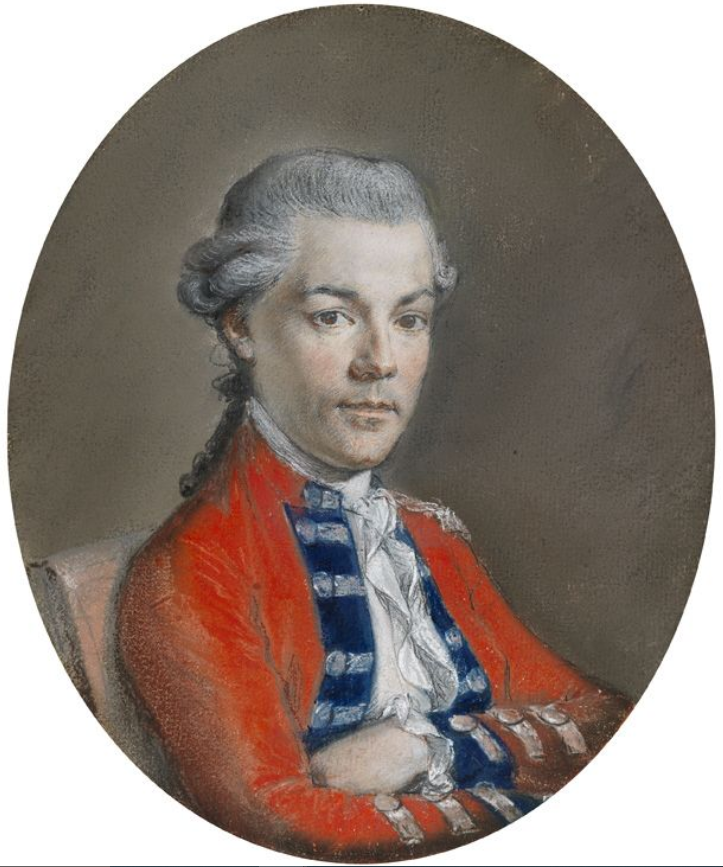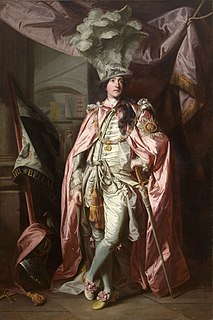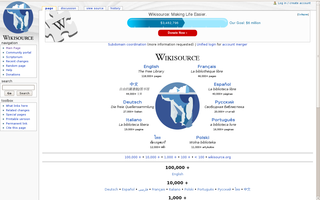Luke White (circa 1750 – 25 February 1824) [1] was an Irish bookseller, operator of a lottery and Whig politician.
Contents

He started as an impecunious book dealer, [2] first in the streets of Belfast, then from 1778 at an auction house in Dublin buying and reselling around the country. [3] By 1798, during the Irish Rebellion, he helped the Irish government with a loan of 1 million pounds (at £65 per £100 share at 5%). [4]

Belfast is a city in the United Kingdom, the capital city of Northern Ireland, standing on the banks of the River Lagan on the east coast of Ireland. It is the largest city in Northern Ireland and second-largest on the island of Ireland. It had a population of 333,871 as of 2015.

The Irish Rebellion of 1798 was an uprising against British/British controlled rule in Ireland from May to September 1798. The United Irishmen, a republican revolutionary group influenced by the ideas of the American and French revolutions, were the main organising force behind the rebellion. It was led by Presbyterians angry at being shut out of power by the Anglican establishment, joined by Catholics, who made up the majority of the population. Many Irish Ulster Protestants mainly Church of Ireland sided with the British, resulting in the conflict taking on the appearance of a sectarian civil war in many areas, with atrocities on both sides. A French army which landed in County Mayo in support of the rebels was overwhelmed by British and loyalist forces. The uprising was suppressed by British Crown British army forces with a death toll of between 10,000 and 30,000.
He then purchased Luttrellstown Castle from Henry Luttrell, 2nd Earl of Carhampton in 1800, and changed its name to Woodlands to eradicate the memory of its previous owner. [5] White was High Sheriff of County Dublin for 1804 and High Sheriff of Longford for 1806. [6] He entered the British House of Commons for Leitrim in 1818 and sat as Member of Parliament (MP) for it until his death in 1824. [1]

Luttrellstown Castle, dating from the early 15th century, is located in Clonsilla on the outskirts of Dublin, Ireland. It has been owned variously by the eponymous and notorious Luttrell family, by the bookseller Luke White and his descendants Baron Annaly, by the Guinness family, the Primwest Group, and since 2006, by JP McManus, John Magnier and Aidan Brooks.

General Henry Lawes Luttrell, 2nd Earl of Carhampton PC was a politician and soldier. He was the son of Simon Luttrell, 1st Earl of Carhampton, and brother-in-law of Prince Henry, Duke of Cumberland and Strathearn.
The High Sheriff of Longford was the British Crown's judicial representative in County Longford, Ireland from the 16th century until 1922, when the office was abolished in the new Free State and replaced by the office of Longford County Sheriff. The sheriff had judicial, electoral, ceremonial and administrative functions and executed High Court Writs. In 1908, an Order in Council made the Lord-Lieutenant the Sovereign's prime representative in a county and reduced the High Sheriff's precedence. However the sheriff retained his responsibilities for the preservation of law and order in the county. The usual procedure for appointing the sheriff from 1660 onwards was that three persons were nominated at the beginning of each year from the county and the Lord Lieutenant then appointed his choice as High Sheriff for the remainder of the year. Often the other nominees were appointed as under-sheriffs. Sometimes a sheriff did not fulfil his entire term through death or other event and another sheriff was then appointed for the remainder of the year. The dates given hereunder are the dates of appointment. All addresses are in County Longford unless stated otherwise.
On 7 February 1782, he married Elizabeth de la Mazière, by whom he had four sons and three daughters. [6] He later married secondly, in 1800, Arabella Fortescue, daughter of William Fortescue, and had by her one son. [6] White died in Park Street, Mayfair. [3] He left properties worth £175,000 per annum which eventually devolved to his fourth son Henry, [4] who was elevated to the Peerage of the United Kingdom as Baron Annaly. [7] His second son Samuel represented the same constituency as his father and his third son, Luke White Jr. was MP for Longford. [1]
Henry White, 1st Baron Annaly was an Irish British Army soldier and politician.
The Peerage of the United Kingdom comprises most peerages created in the United Kingdom of Great Britain and Ireland after the Acts of Union in 1801, when it replaced the Peerage of Great Britain. New peers continued to be created in the Peerage of Ireland until 1898.

Baron Annaly is a title that has been created three times, twice in the Peerage of Ireland and once in the Peerage of the United Kingdom. The third creation is currently extant.







